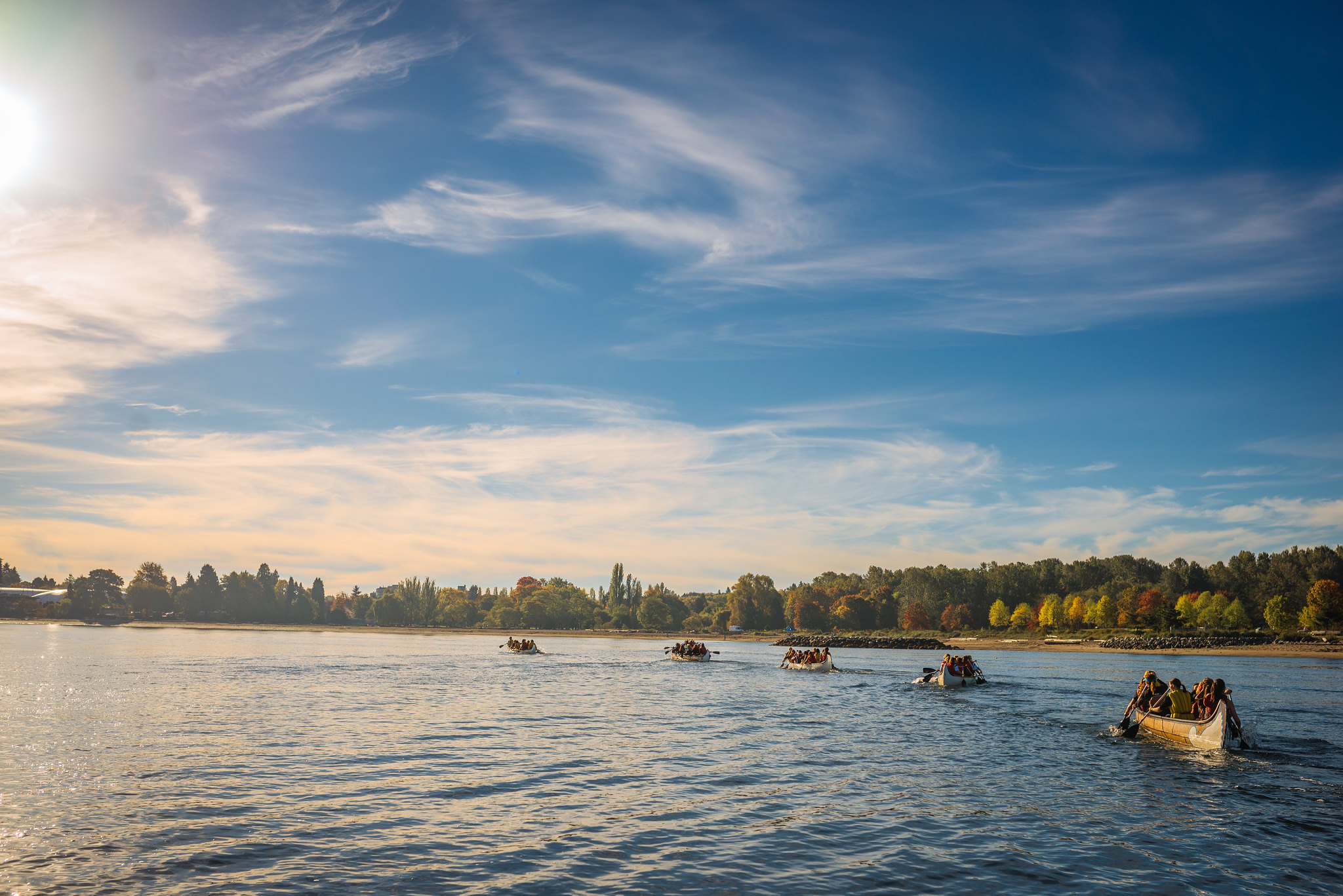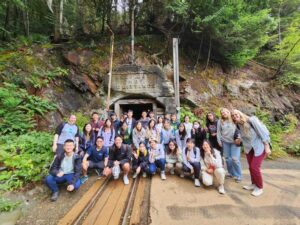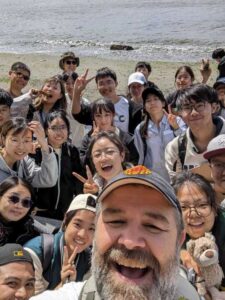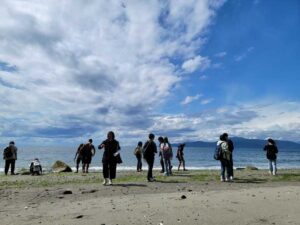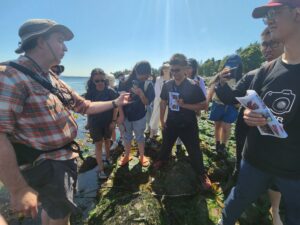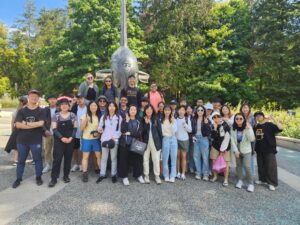The Vancouver Summer Program with UBC Science provides students with the opportunity to study at a top international research university and experience local Vancouver culture.
What you might expect/course format
Courses with UBC Science include in-class and lab portions taught by UBC faculty members, graduate students, and guest lecturers. Courses also include short field trips and other engaging learning opportunities. Students can expect team-based learning activities and assignments.
Check out VSP Earth, Ocean, and Atmospheric Science’s page here!
July 2026 Course Packages
Earth Systems and Change
Our dynamic planet is constantly reshaped by powerful forces. Interactions among the atmosphere, oceans, and land create the weather, drive global climate, and produce natural disasters such as earthquakes, volcanoes, landslides, tsunami, storms, and wildfires. From deep within Earth’s crust to impacts from space, these processes remind us that our planet is always changing. As populations grow and cities expand, understanding how Earth works is crucial to protect people, communities, and economies. In this course, you’ll learn the science behind both short-term disasters and long-term climate change. You’ll explore how energy from the Sun and Earth is concentrated and released, driving everything from sudden earthquakes, to ocean productivity. You’ll learn about the global energy balance, meteorite impacts, and which regions are most at risk from natural disasters. Study in Vancouver – a city with stunning landscapes, shaped by its coastal climate and dynamic geology. You’ll experience the local environment through field trips and interactive labs, plus engage in discussions about the future of our planet and the role of science in decision-making.
Environment and Sustainability
We live in a time when human activity is one of the most powerful forces shaping our planet. Environmental science helps us understand these impacts on ecosystems, biodiversity, air and water quality, and human health. It also guides the choices we make to build a more sustainable future, from changing the global energy system away from fossil fuels to address the root causes of climate change, to building sustainable systems and resilient communities. In this course, you’ll learn the science behind today’s major environmental challenges and critically evaluate proposed solutions. You’ll engage with the United Nations’ Sustainability Development Goals and explore how local and regional initiatives connect to global sustainability efforts. Study in Vancouver – a city striving to become the “greenest city” in the world – surrounded by mountains, forests, and ocean. You’ll experience the local environment through field trips and collaborative projects, engaging in creative problem solving to explore how innovative thinking and science can help make our shared future sustainable.
Prerequisite: No prerequisites
For more information
For VSP Earth, Ocean, and Atmospheric Science-specific questions, please email Ian Ayeras at iayeras@eoas.ubc.ca.
Student testimonials
– VSP Science Student, 2019
